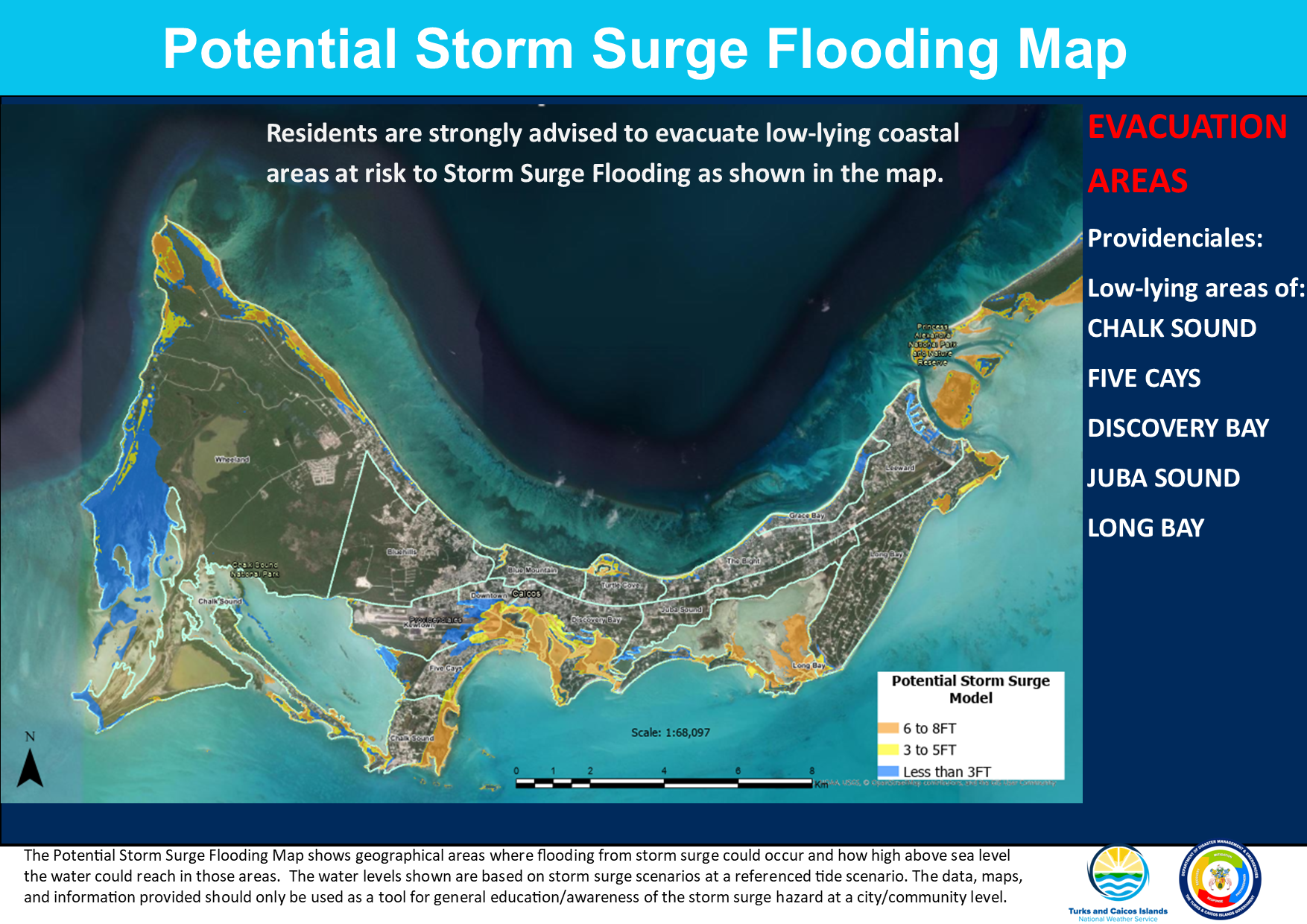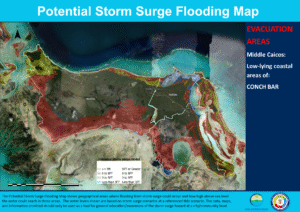#Providenciales, Turks and Caicos Islands – Hospitality workers are on the brink of seeing their salaries significantly embellished as the Service Charge (Hotels and Restaurants) Ordinance (2004) is revamped, renamed and ready for the House of Assembly for debate.
The Minister with oversight of the coming legislation, Deputy Premier and Employment Minister Sean Astwood confirmed to Magnetic Media about the split on the service charge proposal: “They will get 100 percent of the 10 percent.”
The Minister was explaining how much the resort workers will be legally expected to take home, once the service charge law takes effect.
Premier and Finance Minister, Sharlene Robinson, to the media during a press conference in late July confirmed that the work on getting the controversial ‘pay-boost’ right has been arduous but productive.
“When I came into office there was very low participation to the survey that was already introduced by the Ewing Administration, we halted it until the Budget passed. Statistics Department not until about December did the surveys and the surveys included 30 establishments who finally decided to participate and over 500 workers in the industry.”
The Premier explained that the survey uncovered a situation of utter chaos with no legal framework for government oversight, no proper record keeping of how much was being collected by resorts and restaurants and little understanding among workers about what happens to the monies being paid by guests to the tune of millions of dollars per year.
“People don’t know how it is calculated whether it is done correctly. We saw where some places didn’t even keep records and we heard persons of the different uses they had of the 40% that was allowed to be kept and it was such a colossal mess. We agreed, which we said to the people, that 100% service charge should go to the workers; that is our position, it maintains (our position) to this day.”
On Wednesday July 25, the Turks and Caicos Cabinet approved the revamped version of the Service Charge Ordinance, now renamed: the Hotel and Restaurant (Service Charge) Bill 2018.
The amended law does a lot of heavy lifting according to the Finance Minister, who said though her office will shepherd the Bill to and through the House of Assembly, it falls under Border Control and Employment with the Minister and Labour Commissioner having more direct oversight of the provision. 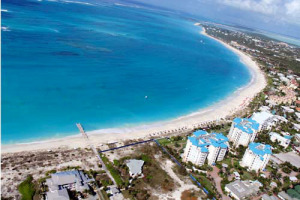
“It clears up the definition of service charge, because we saw tips and gratuities was also used interchangeably which is not so; it introduces a registration process for those persons who chose to levy a service charge, they now have to register and they that we are doing it and they also have to keep records and they also have to identify someone in their establishment as the Troncmaster. That is a person that is usually in place around the world anyway when it comes to service charge, who an employee will go to and say I have questions about the calculations. Also under this bill the Labour Commissioner can ask for documents, so he can compel documents to be given to him.
The businesses will need to keep filings and records for at least two years; these will be subject – legally – to inspections.
Penalties for establishments not complying with the law are also provided for through the revised ordinance, and those penalties will be determined by the Minister responsible.
The PDM Administration says this ‘labour benefit’ will also be fixed at 10% of a customer or client bill. Establishments, to compensate for the losses which will come with activation of this law, can legally tack on a Facility Fee. This fee is open – no minimum, no maximum – is framed in the new proposed legislation.
“So for those resorts, in particular, who argue that this is going straight to our bottom line and we are used to collecting this amount. We’ve introduced a Facility Fee of up to a certain percentage that they can charge and we didn’t put a minimum because if your resort can resort one percent or two percent or three percent or up to five percent then that is your call and that is for the hotel’s use.”
The Hotel and Restaurant (Service Charge) Bill 2018 is expected to reach the House of Assembly next month.

 TCI News1 week ago
TCI News1 week ago
 USA1 week ago
USA1 week ago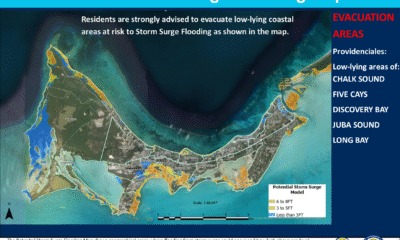
 TCI News6 days ago
TCI News6 days ago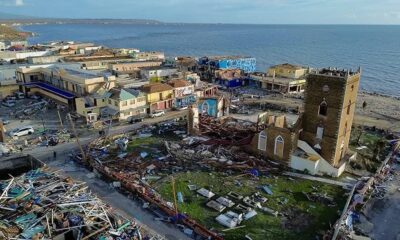
 Caribbean News3 days ago
Caribbean News3 days ago















